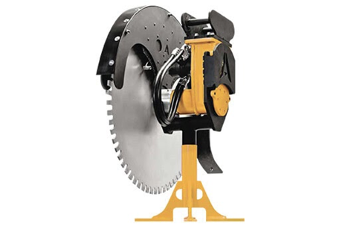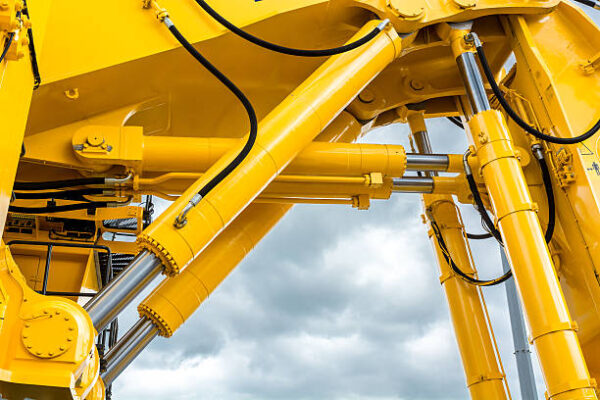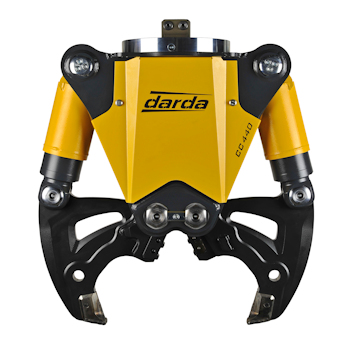Everything You Need to Know About Rocksaws | Solution Plant Hire

A modern construction site is full of
complexity — even for veterans of the field, it’s possible to encounter
something new each and every day. That’s why it’s always essential to always
keep learning about best practices and the best tools available to get the job
done.
One of these potential tools is a rocksaw, an
attachment that can often be seen across construction sites. Most people can
easily glean a general idea of the sorts of jobs they do, but it’s important to
learn more about their features in order to really understand them and properly
use them.
Here’s what you need to know:
An Overview of Rocksaws
Odds are that anyone who has spent a bit of
time on a job site has seen a rocksaw. Given that they have saw in their name,
it won’t come as a surprise that rocksaws are used for sawing. However, the
full extent of what rocksaws are capable of may indeed surprise you.
In addition to rock and stone cutting,
rocksaws can be used for boundary and concrete cutting, excavation, and
demolition, as well as a number of trenching, trimming, and cabling tasks. As a
result, in skilled hands, a rocksaw can be a fantastic tool on the job site
that increases versatility and decreases costs.
Understanding the Different
Rocksaw Blade Types
While rocksaws can be used for a variety of
tasks, choosing the proper blade is a key part of getting the job done right.
Generally, using either a concrete blade, a sandstone blade, or a granite blade
— or a mix of these — is ideal, depending on what task needs to get done.
Recognising the different capabilities of such
blades is critical, both for efficiency’s sake and to prevent needless damage
should the wrong type of blade be used.
A concrete blade is great when dealing with
reinforced concrete that has to be extracted. A sandstone blade works best with
the rock it’s named for, as well as other abrasive rock types. A granite blade,
on the other hand, is almost the opposite of a sandstone blade in terms of capability
due to the different composition materials the blades are created with. A
granite blade should therefore be used for non-abrasive rock types.
The Risks of a Mismatch
A quick look at any rocksaw on a building site
may give the impression that they are all super sturdy. However, using the
wrong type of rocksaw blade for a particular task could damage or completely
destroy it.
It’s always better to take a step back, get a
hold of a blade that will do the job right the first time, and avoid any of the
pitfalls that can result from a mismatch.
Rocksaw Maintenance and Operator
Expertise
An additional
factor to consider when it comes to rocksaws is blade life. Even when certain
blades are used correctly, they can still require some checks and maintenance.
In addition, an important part of minimising wear and tear is ensuring that a
rocksaw is used by an experienced operator.
Rocksaw blades
are built tough, but understanding what they can realistically achieve and when it’s time to take a step back and utilise
another piece of equipment is key. This is where the expertise of an
experienced operator will be especially valuable.
Continuous Learning
As recent months in the construction industry
have shown, it’s always important to constantly expand your knowledge and build
greater versatility into your skillset. Workers who have a real variety of
skills and experiences will find it easier to ‘keep on keeping on’ with their
day to day work, without facing any disruption or slow down in their career.
It’s always a good idea to proactively seek
out new information and training whenever possible, and part of this is having
a good grasp on the ins and outs of different construction equipment and attachments on the
building site, including rocksaws. Knowing a little about a lot regarding how
equipment works will provide you with a great base of general knowledge and
give you a terrific head start in any future training or certification you may
pursue.
Do you
have a project coming up that could use a rocksaw? Tell us about it in the
comments below!
Image: SPH (Facebook)

